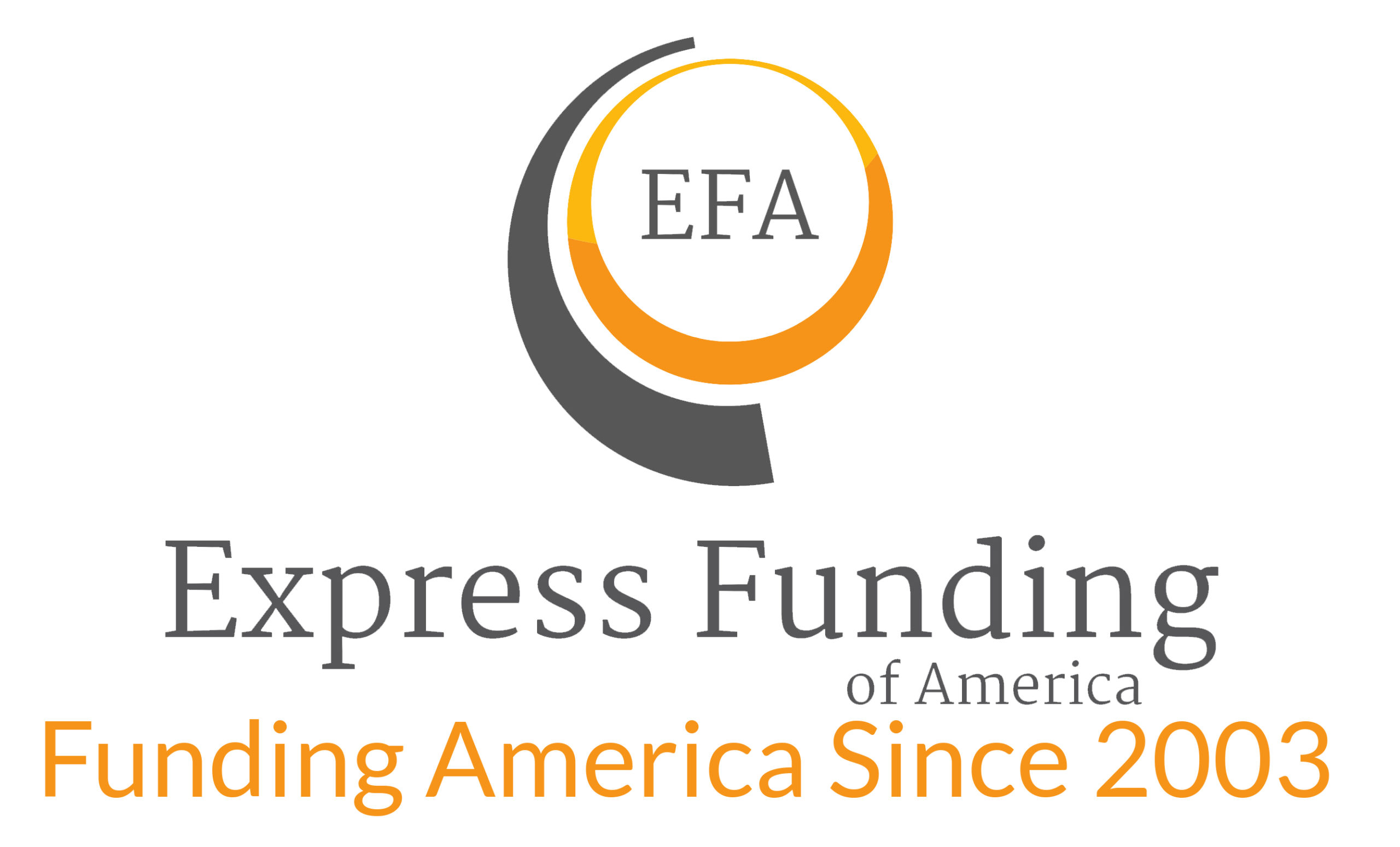Legal Funding
Legal Funding Legislation in the State of Florida
With personal injury lawsuits steadily on the rise across the state of Florida, as they have been throughout pretty much the rest of the United States, there has been a lot of interesting questions being thrown around regarding damages and settlement agreements. The first thing we must first understand is that the state of Florida has become quite the hotbed for litigation in recent years, with more accidents and acts of discernible negligence, per capita than almost any other state in the union. The fact is that Floridians have proven to be slightly more reckless than those individuals living elsewhere, and news headlines would clearly attest to that fact. Aside from the jokes we have previously mentioned regarding the “Florida man…” headlines, due to an influx of narcotics use, drunk driving, financial issues, and overall lawlessness, negligent action in the state of Florida is not going unnoticed, and citizens are rather seeking their redemption in the form of compensatory and punitive damages, as part of a personal injury lawsuit. But the fact is that the financial hardships that many Floridians have found themselves dealing with, mainly as a result of the high COVID-19 numbers the state has had, don’t just affect the “bad guys” but those who are considered to be productive members of society as well.
This has made it somewhat difficult for certain individuals to be able to file their lawsuit and be able to manage things such as medical bills, legal fees, court costs, household bills, and more – whilst dealing with injuries they might have suffered as part of the accident and having to go through the rigors of a personal injury trial. This is where legal funding has come in quite helpful for plaintiffs looking to file suit. According to the team at Express Funding of America, known for the best legal funding Tampa has to offer, when it comes to litigation funding Tampa plaintiffs are not only able to pay their lawyers (those who may not be working on contingency plans) and manage any fees they need to pay to courts and the legal process, but they can also help cover household bills and any of the other items we may have mentioned above. As the best legal funding Tampa has around, Express Funding can provide clients with the cash they need in as little as 24 hours – which can be a great help to plaintiffs. However, how exactly does legal funding fit in with Florida’s laws, and what do lawmakers think of this practice. We will try to explore a landmark ruling that helped clients to better understand where legal funding fits into the legal landscape.
In 2018, a Florida man named Ronald Taylor filed a class action lawsuit against Certified Legal Funding, a third-party litigation funder. When it comes to litigation funding Tampa experts at Express Funding provide what is known as non-recourse funding. Like the company named within the lawsuit, this means that they only recover the money they provided to the plaintiff in the event that they win their case, or that they agree to a settlement with the other side. Essentially, they only collect, if you do. The fact is that such lawsuits have been going on across multiple states in recent years, in order to decide if this funding is actually considered to be a loan and therefore should it be held to certain loan standards. The problem is that while most states have ruled in favor of the legal funding companies, claiming that these payments are technically not loans, some states have, in specific instances, sided with the individuals bringing suit. One such state is Colorado.
In the state of Florida, according to the team at Express Funding, when it comes to litigation funding Tampa plaintiffs do not have an obligation to pay back the funds unless they win in court – under such an agreement, the funds cannot be considered to be a loan. The main issue with the case filed by Mr. Taylor against his legal funding company was the fact that the company he chose to deal with charged him an exorbitant amount of fees, and interest on his payment – something that Express Funding does not do. This is a main reason they are known to provide the best legal funding Tampa plaintiffs can find, as there are no crazy fees, and unrealistic expectations. Besides the issue regarding the fees, this is the deal that Mr. Taylor agreed to, and because repayment was not set in stone, the funds cannot be held up to laws regarding loans. Therefore, according to this landmark ruling, legal funding, under the law of the state of Florida, is a 100% legal practice and gained a fair amount of reputability. However, it is on the plaintiff themselves to shop around and find the company that provides them with the best possible deal, just as they would if they were seeking a mortgage loan or even trying to buy something. For more information on all there is to know about litigation funding Tampa experts at Express Funding are here for you, contact us today!
